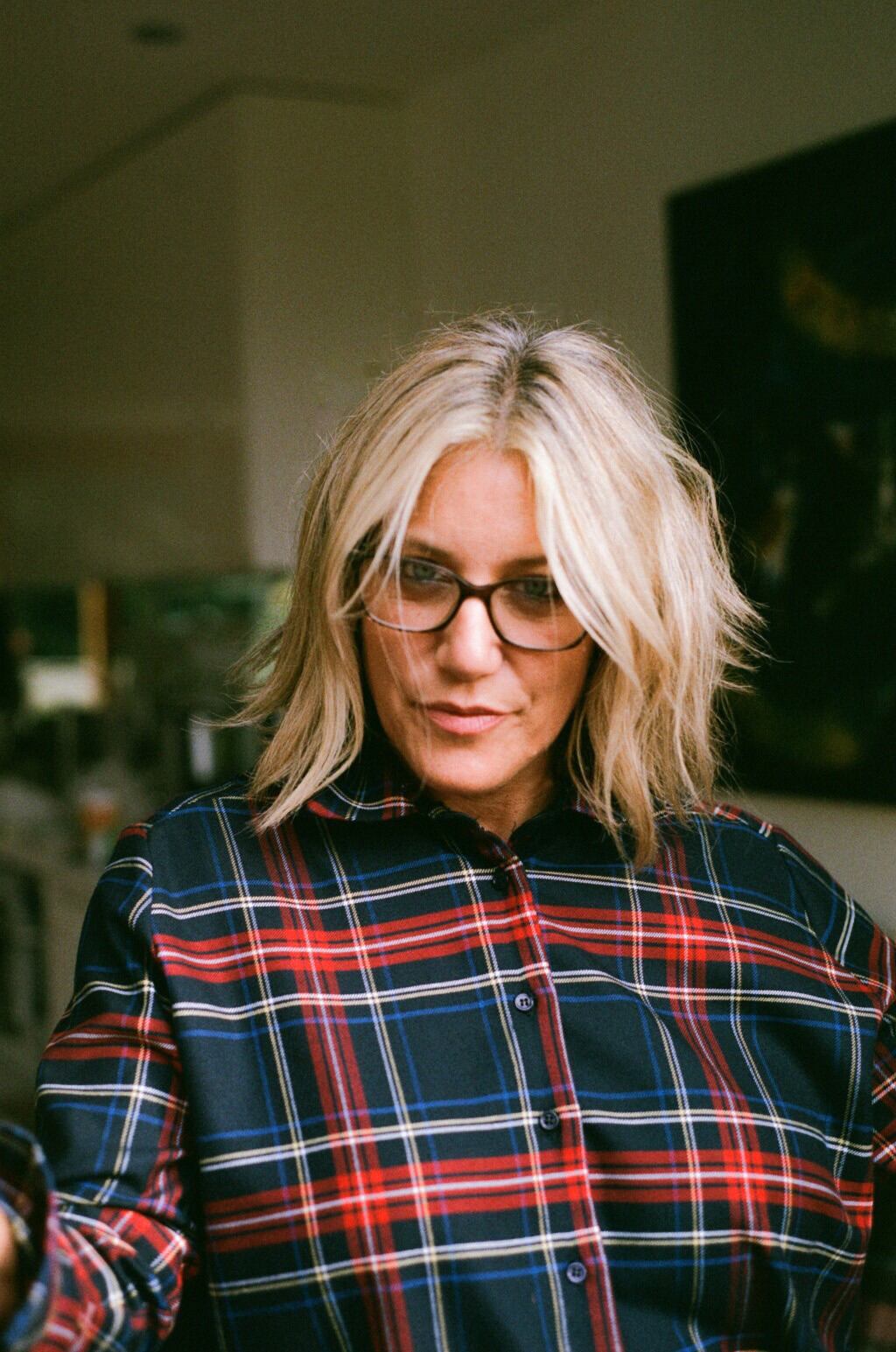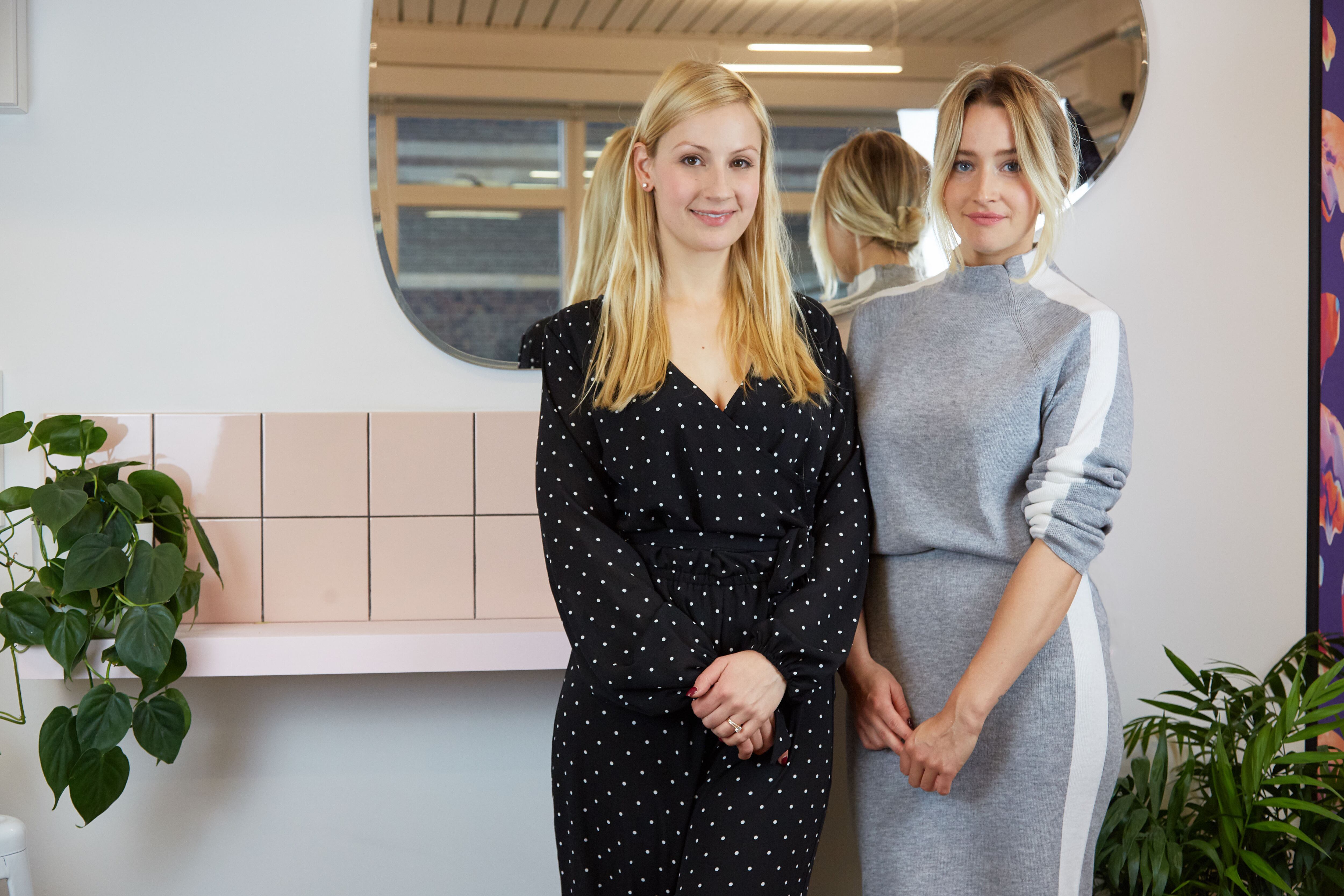London Beauty Week made its inaugural jump into the events world earlier this month, with a web of beauty pop-ups, workshops, panel talks, competitions and fundraisers that drew in hundreds of consumers and beauty professionals alike.
CosmeticsDesign-Europe caught up with event organiser

Millie Kendall MBE, CEO of the British Beauty Council, to debrief on some of the biggest trends and takeaways from London Beauty Week.
“It was really busy and really overwhelmingly positive,” Kendall said, and from the consumer side, it drove a lot of business for brands.
From the industry side of things, she said London Beauty Week demonstrated how “very vibrant” the beauty community was.
“I think we’ve solidified ourselves on the London festival scene, and it’s about time. Why not celebrate the beauty industry? It’s lucrative; it’s fun and we’ve got a lot to say.”
Kendall previously told us the British Beauty Council wanted to cultivate a more elevated view of beauty, celebrating innovation and stripping back dated, negative views of the category.
Sustainability beyond plastic…
London Beauty Week played into this wider mission, she said.
Asked what some of the biggest trends and takeaways from the event were, Kendall said: “Well, the hot topic is definitely sustainability but there’s a lot of confusion about what that is; it’s not just a plastic cap on a bottle.”
Consumers and industry, for the most part, tended to focus on sustainable packaging, she said, but there was far more to sustainable beauty. “Yes, [plastic] is a big problem – I completely and utterly agree – but equally we need to watch our supply chain.”
Ingredient sourcing and traceability was as important, she said, although not always as simple to address, particularly for smaller Indie brands who outsourced a lot of these production steps.
For larger corporations and brands, tracking ingredients was far easier and Kendall said these players had to take on the responsibility of helping the start-up world.
“The big brands should stand up and shout about the fact when you’re large and own the manufacturing facility, you’ve got much more scope to track ingredients and sustainability.”
‘We can’t really tackle something until we know what we’re facing’
However, a closer look at ingredient sustainability required an outside, wider bird’s-eye view, Kendall said.
“We need to do an industry-wide, unbiased report into what this is and how it looks and what we’re really facing, because we can’t really tackle something until we know what we’re facing.”
It would then be paramount findings were shared in an open-source manner - a bit like what Nike did for the sustainable manufacturing of its trainers, she said.
Kendall said the British Beauty Council was working on putting together a white paper with an external sustainability advisor to address this issue and aim to get everyone in the beauty sector “on the same page”.
“There’s a lot more to be said on sustainability,” Kendall said.
Waste streams and blockchain
Maria Coronado Robles, senior sustainability consultant at Euromonitor International, previously said that beyond packaging, beauty brands also had to “embrace circularity”.
“The potential for beauty products to incorporate circular raw materials such as food and agricultural waste (with many beneficial compounds for the skin) is enormous, if the right partnerships are in place,” Coronado Robles said.
The founders of British start-ups BYBI and Beauty Kitchen suggested blockchain and a retail model rethink may be a way of future-proofing sustainability in beauty.


